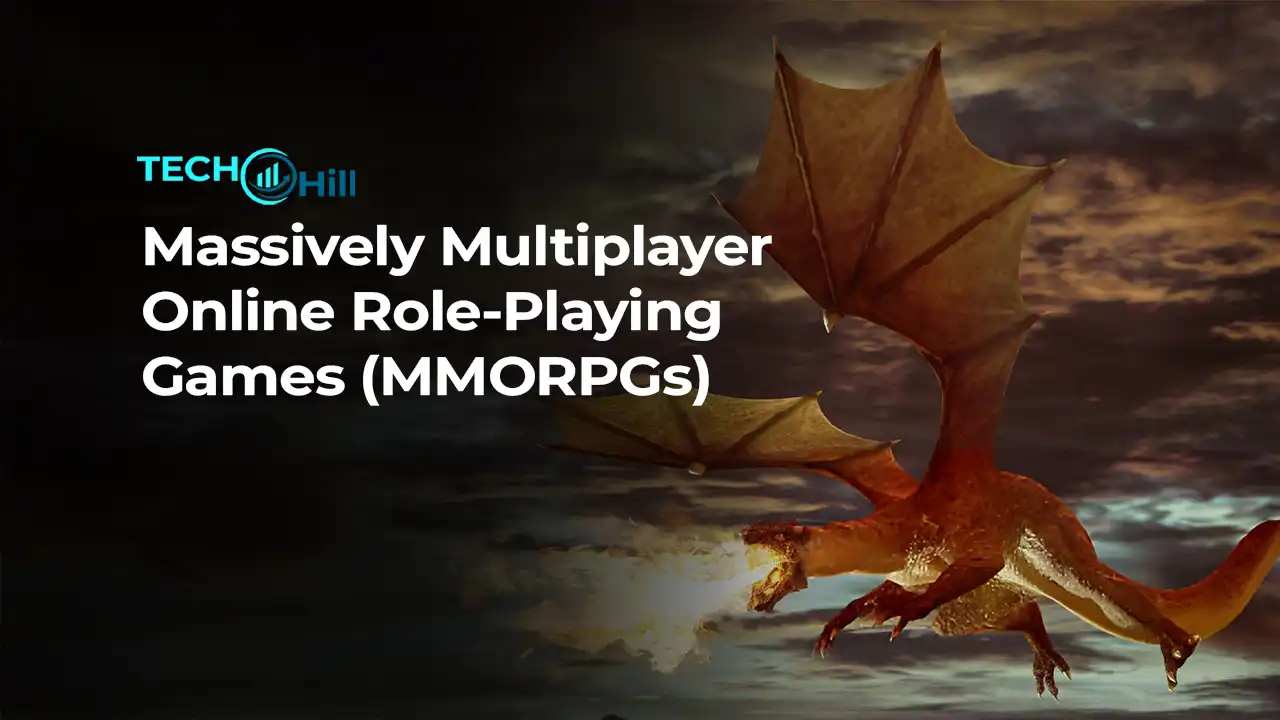Massively Multiplayer Online Role-Playing Games (MMORPGs)

In the sprawling digital realms of the internet, a fascinating universe thrives—one where millions of players forge destinies, battle mythical creatures, and create stories that transcend the virtual world. Welcome to the world of Massively Multiplayer Online Role-Playing Games (MMORPGs), a genre that combines the epic scale of role-playing adventures with the social dynamics of a multiplayer platform.
MMORPGs are more than just games; they are vibrant communities and intricate economies, encapsulated in immersive environments that stretch the imagination. From the pioneering days of Ultima Online to the cultural phenomenon of World of Warcraft, these games have evolved, influencing not just gaming culture but the broader media landscape.
Core Elements of Massively Multiplayer Online Role-Playing Games (MMORPGs)
At the heart of every MMORPG are several core elements that define its structure:
- Persistent Worlds: Unlike other genres, MMORPGs boast persistent settings that continue to exist and evolve even when you log off.
- Social Interaction: These games are built around community interaction, whether for trading, fighting, or undertaking quests together.
- Character Progression: Players develop their characters through skill improvements, quest completions, and equipment upgrades.
- In-Game Culture: Each game fosters its own culture, complete with language, norms, and in-game legends.
Technological Requirements
The magic of MMORPGs is not without its demands. High-quality graphics, reliable server connections, and regular updates are essential. Players typically need a robust internet connection, a capable gaming PC or console, and sometimes, a subscription plan. Developers, on the other hand, face the daunting task of maintaining massive, ever-evolving game worlds.
Popular MMORPGs Over the Years
The history of MMORPGs is dotted with landmark titles that have left indelible marks on the industry:
- EverQuest (1999): Pioneered many of the standard MMORPG features.
- World of Warcraft (2004): Set a new standard for the genre with its accessibility and depth.
- Final Fantasy XIV (2013): Known for its strong narrative and revitalization after a rocky start.
- Elder Scrolls Online (2014): Brought a beloved franchise into the online realm.
Each of these games has contributed uniquely to the evolution of the genre, appealing to diverse audiences worldwide.
Cultural Impact of MMORPGs
MMORPGs extend their influence beyond virtual heroics; they affect real friendships, professional skills, and cultural narratives. They’ve been used in educational settings to teach English, economics, and team-building skills. Furthermore, in-game events and narratives often reflect or react to broader cultural, political, and social issues, creating a space where art and commentary intersect.
Economic Aspects of MMORPGs
The economic landscape within MMORPGs is complex. Players engage in virtual economies, trading in-game currency, items, and services. These activities often have real-world economic implications, such as through the sale of in-game items on third-party websites, sometimes leading to discussions about taxation of virtual goods.
Challenges and Controversies
However, the world of MMORPGs is not without its shadows. Issues such as addiction, the use of bots to farm resources, cyberbullying, and economic exploitation pose significant challenges. Developers and communities continuously strive to manage these aspects, seeking to balance enjoyment with responsibility.

Future Trends in MMORPGs
Looking ahead, the future of MMORPGs is poised for fascinating developments:
- Integration of VR: Virtual reality could significantly enhance the immersion of MMORPG worlds.
- Cloud Gaming: With advancements in cloud computing, more gamers will access MMORPGs without needing expensive hardware.
- Increased Diversity: As global connectivity rises, so does the diversity of gaming communities, influencing game design and storytelling.
Conclusion
MMORPGs are a dynamic and integral part of modern gaming culture, continuously evolving to meet technological advancements and shifting player expectations. They offer a unique blend of escapism, camaraderie, and unparalleled adventure that continues to attract millions of gamers around the globe.
